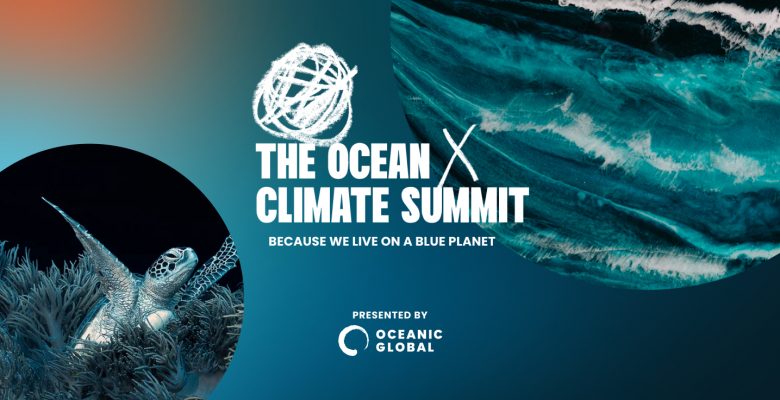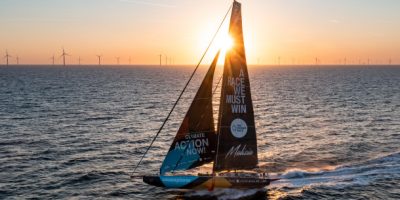An editorial by Philomène Verlaan and Youna LBL Lyons, both specialised in marine environmental governance
Why do all 27 Climate COPs act as if adopting mandatory, enforceable measures to address greenhouse gases (GHG) were legally optional?
Unfortunately, the 1992 UN Framework Convention on Climate Change (FCCC) does not impose requirements to take such measures. Fortunately, the 1982 UN Convention on the Law of the Sea does, without exceptions or qualifications. Its scope is planetary, including for non- Parties. For 28 years, the Law of the Sea has provided what the FCCC has not: the legal authority to regulate GHG. But for 28 years, States suffering from adverse effects of GHG have inexplicably not invoked the Law of the Sea to support their demands under the FCCC and to protect the ~70% of our planet currently occupied by the ocean, our principal climate regulator.
The Law of the Sea requires GHG reduction
GHG contribute to an increasingly hot, airless, acid, noisy, turbid ocean, among other undesirable effects, with all the adverse consequences thereof for the health of human and other life on our planet. GHG are pollutants requiring mandatory regulation under the Law of the Sea. Climate change cannot be regulated. GHG can. But regulating GHG requires setting specific legal obligations to reduce them.
Rise up: the rule of law
While our planet fries and floods, the rhetorical hand-wringing intensifies, and the unenforceable “pledges” and “commitments” issued at the Climate COPs ring increasingly hollow. This situation critically weakens the very concept of and trust in international law that form the basis for the rule of law. In the absence of State action, only civil society remains to hold States responsible for their global failure to respect their GHG legal obligations. It must now expend scarce time and money on litigation to achieve what has been legally required for 28 years. It is time to turn the deafening silence by States into the elephant in the room.
Philomène Verlaan (JD PhD FIMarEST FSUT) is a Special Adviser of ACOPS, the Advisory Committee on the Protection of the Sea, and Youna Lyons (PhD) is Trustee and Chair of the Board of ACOPS, and an Associate Professor with the Centre for International Law (NUS).


